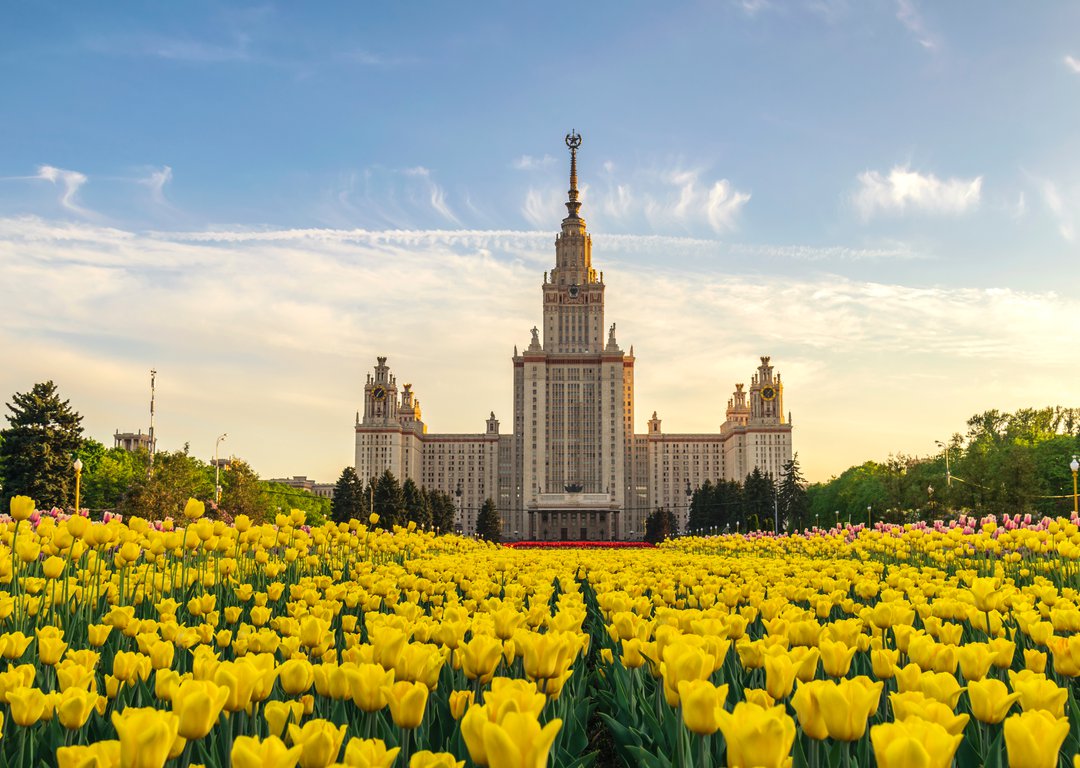 Moscow State University
Moscow State University➤Breakfast
➤Panoramic driving city tour: Cathedral of Christ the Savior, pass by the Novodevichy Convent, Sparrow Hills, Stalin's skyscrapers
➤Moscow river Cable Car
➤Guided tour to the State Tretyakov Gallery
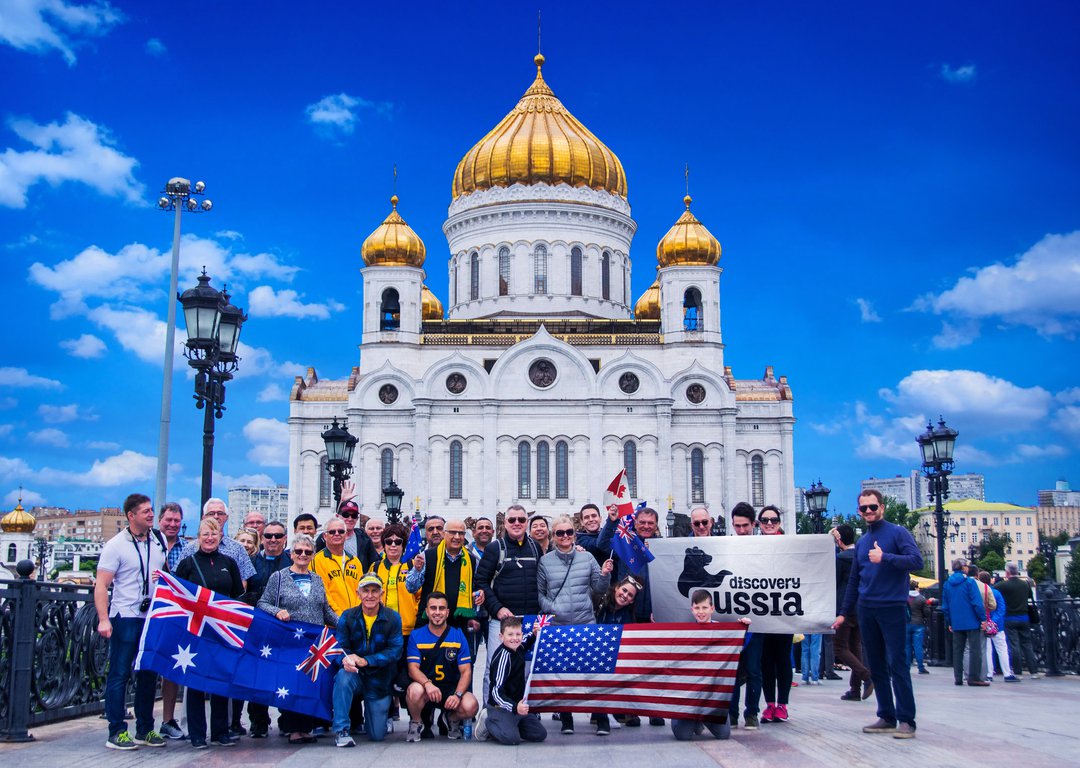 The Cathedral of Christ the Savior
The Cathedral of Christ the SaviorThe magnificent Cathedral of Christ the Savior is the main Russian cathedral and the second tallest Orthodox church in the world. It was originally commissioned by the Tsar Alexander I in order to commemorate those who perished in the Patriotic War of 1812. After the Bolshevik Revolution the Cathedral lost its significance and in 1931 it was demolished on the order of Stalin. Stalin's plan was to replace the majestic church with a 315-meter Palace of Soviets. However, the construction of the Palace did not take off and later the cathedral foundation was used as the world's largest open-air swimming pool. When the Perestroika started, the government took a decision to reconstruct the cathedral. The opulent cathedral was completed in 1997 with the help of donations from Russian people as well as some companies.
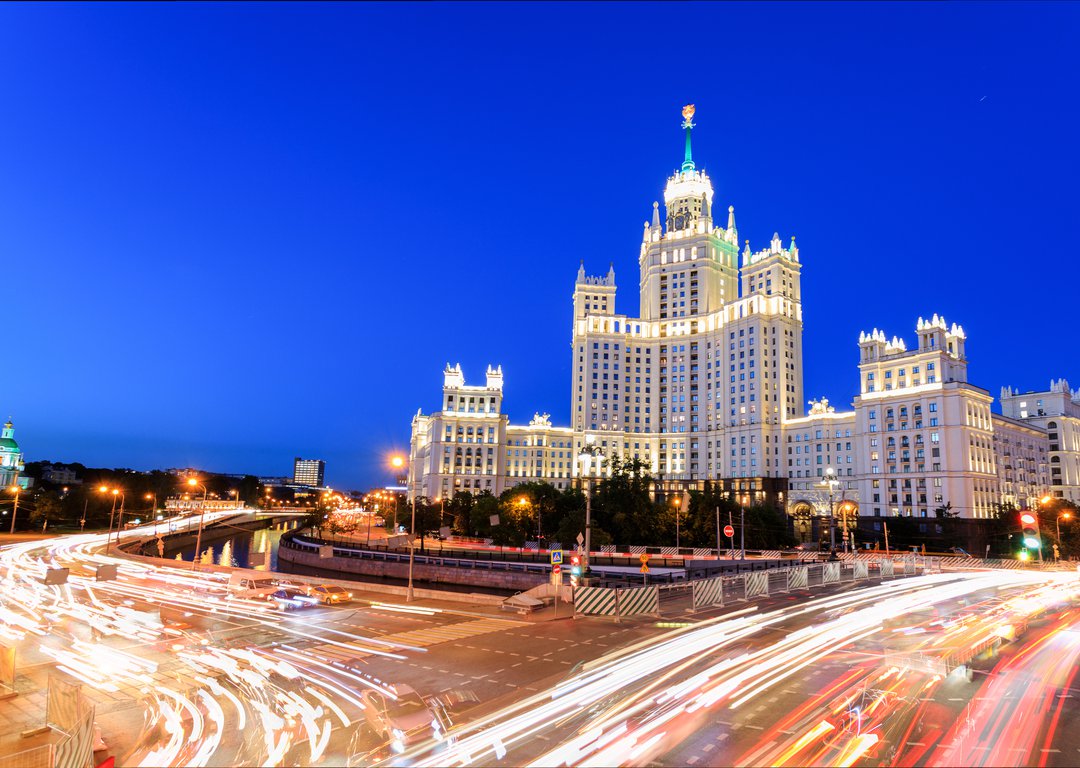 One of the Stalin's skyscrapers, Moscow
One of the Stalin's skyscrapers, MoscowThe Seven Sisters are a group of seven skyscrapers in Moscow designed in the Stalinist style. They were built from 1947 to 1953, in an elaborate combination of Russian Baroque and Gothic styles. At the time of construction, they were the tallest buildings in Europe, and the Main building of Moscow State University remained the tallest building in Europe until 1997. There were two more skyscrapers in the same style planned that were never built: the Zaryadye Administrative Building and the Palace of the Soviets.
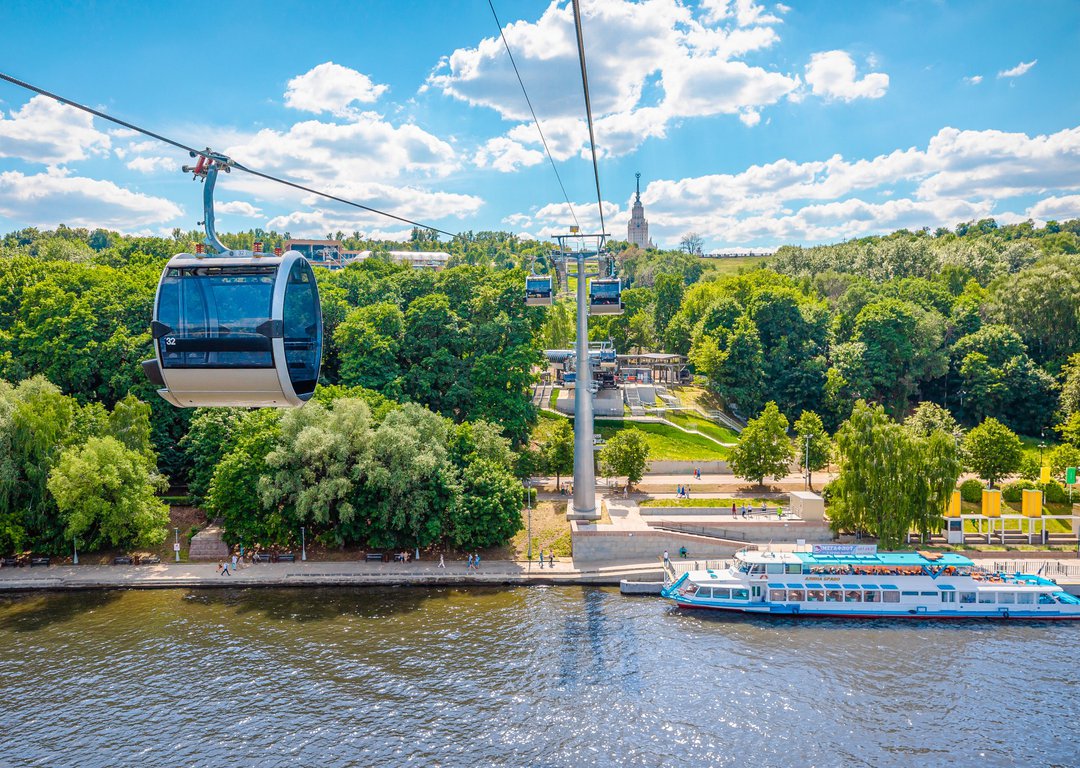 Moscow river Cable Car
Moscow river Cable CarThe cable car connects the Sparrow hills and the Luzhniki sports complex. The cabins offer an amazing view of Moscow's iconic buildings including the high-rise towers of the Moscow city business district, the river embankment and the main building of Moscow State University, one of Stalin's skyscrapers.
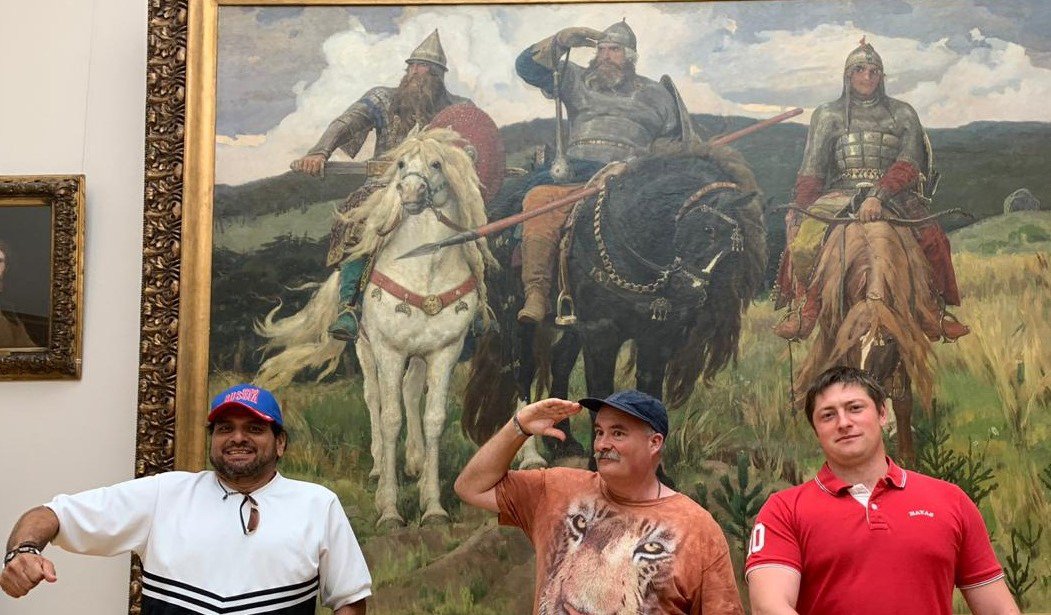 The Tretyakov State Art Gallery
The Tretyakov State Art GalleryIt is an art gallery in Moscow, Russia, the foremost depository of Russian fine art in the world. The gallery's history starts in 1856 when the Moscow merchant Pavel Mikhailovich Tretyakov acquired works by Russian artists of his day with the aim of creating a collection, which might later grow into a museum of national art. In 1892, Tretyakov presented his already famous collection of approximately 2,000 works (1,362 paintings, 526 drawings, and 9 sculptures) to the Russian nation. The collection contains more than 130,000 exhibits, ranging from Theotokos of Vladimir and Andrei Rublev's Trinity to the monumental Composition VII by Wassily Kandinsky and the Black Square by Kazimir Malevich.